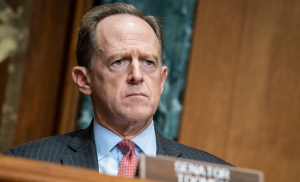The O’Neal Comprehensive Cancer Center at the University of Alabama at Birmingham is among three groups nationwide selected for a pilot initiative designed to reduce racial disparities and bias in cancer care for communities of color.
The initiative, Co-Creating Solutions to Address Racism and Disparities in Oncology, is a national project coordinated by the Center for Health Care Strategies. The project will identify ways to improve partnerships between health care systems and community agencies to address racial and ethnic disparities in cancer care.
The program will also highlight ways that health care systems may lessen the impact of institutional bias and racism in cancer care that negatively affects communities of color. Progress on these goals will be measured.
The O’Neal Comprehensive Cancer Center will partner with local organization the Jefferson County Faith Based Alliance for the Advancement of Health Equity. The 18-month project is funded by Genentech. Institutions will develop or bolster their existing work to reduce racial and ethnic disparities.
“We are pleased to be selected to join this initiative that speaks to the heart of our existing commitment to eliminating racial and ethnic disparities on the continuum of cancer care,” said Monica L. Baskin, Ph.D., professor and associate director for Community Outreach and Engagement at the O’Neal Cancer Center. “It is imperative that health care providers join with community partners to collectively understand the needs of diverse populations in order to create effective strategies that mitigate cancer-related health disparities by addressing the core issues that drive these inequities.”
Other nationally selected organizations are:
- Cierra Sisters and Fred Hutchinson Cancer Research Center, Seattle, Washington
- The Chrysalis Initiative and MD Anderson Cancer Center at Cooper Health, Philadelphia, Pennsylvania, and Camden, New Jersey
Grant funding up to $70,000 will be available to the three pilot sites. Additionally, the Center for Health Care Strategies will provide technical assistance, including the opportunity to regularly work with an equity consultant. The consultant will help partners develop accountability plans to track progress and long-term success.




